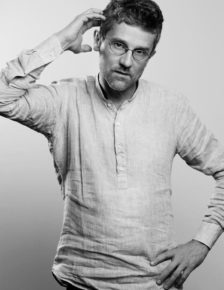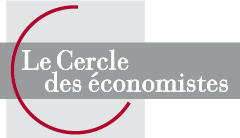Reinventing the city to make it more human
Overview
The growth of the world’s urban population poses a real challenge in terms of social and spatial organization. The sometimes suffocating pollution, energy waste, traffic congestion, socio-geographical inequalities and the difficult regulation of rent prices are problems that most large urban areas face. The recent health crisis has also shown the limits of urban mobility based on privileged access to multimodal transport networks.
In this situation, the consequences of the crisis on urban life invite us to rethink living together. The attention paid to public hygiene is now unavoidable, as are the ambitions of “smart cities” projects through the modernisation of urban services and the intelligent use of digital technologies. Ultimately, the future of the city seems to be that of a space on a human scale, which does not go without raising a certain number of questions: How can we think about new urban issues in a context of health risks? Is the city a pathogenic environment? Are we going to witness a massive urban exodus? Will the connected urban dweller be a controlled urban dweller? Will the open data proposed by cities help build trust between stakeholders? Can municipalities retain control over their digital choices?
Speakers





Coordinator

Moderator

Contributions
Download (PDF 638.13 kB)







